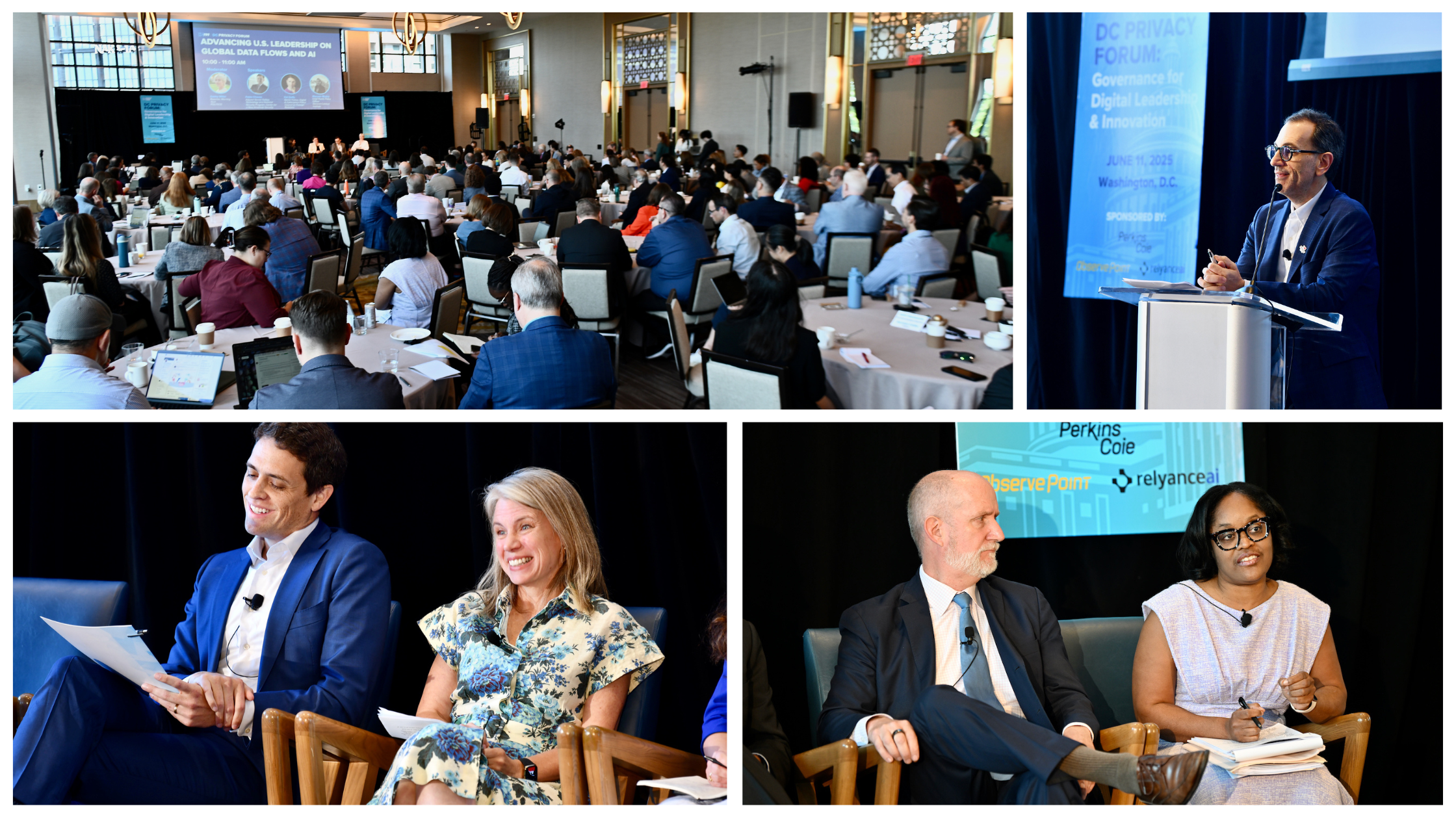Showing results for virg use xped free bet promo code vietnam

Comparative table_ EU AI Act – South Korea AI Framework Act – Japan AI Promotion Act
[…] p riv a te acto rs in sid e an d o uts id e th e EU if th e AI s y ste m is use d in th e EU ( A rtic le 2 ). O blig atio ns ap ply to d ep lo ye rs , im porte […]

The EU’s AI Act_ A Primer
[…] on th e EU mark e t, p ut in to se rv ic e in th e EU , or if it s outp ut is use d wit h in th e EU . E nfo rc e m ent mech an is m s are ro b ust, wit h se […]

Table 1. Comparison of voluntary AI ethics frameworks in SEA
[…] ke h old er f o cu s A ll sta ke ho ld ers w it h in th e sy ste m – e nd use rs , p olic ym ake rs , an d d eve lo pers . P ub lic an d p riv a te se cto […]

The Connecticut Data Privacy Act Gets an Overhaul (Again)
[…] describe secondary uses that are not reasonably necessary to or compatible with the purposes previously disclosed to the consumer, and (2) factors to determine when a secondary use is a “material new purpose.” These factors include the consumer’s reasonable expectations at the time of collection, the link between new purpose and the original purpose, […]

Meet Bianca-Ioana Marcu, FPF Europe Managing Director
[…] streamline the EU’s digital rulebook brings promising opportunities for gathering all stakeholders around the same table, with a focus on clarifying legal uncertainties or points of tension between the rulebook’s different elements, and with an eye on the type of future we want to co-design. On a more personal note, what inspires your commitment […]

FPF COPPA 2.0 Redline
[…] Senate Commerce Chairman Cruz and one from Senator Fetterman. Given that COPPA 2.0 amends an existing statute, FPF has created this comparison document which provides a redline between the COPPA statute as it currently stands, the amendments proposed by COPPA 2.0, and the newly adopted Cruz and Fetterman amendments. Check out FPF’s previous redlined […]

COPPA 2.0 Redline – June 2025
[…] n d who co lle cts or main ta in s pers o nal in fo rm atio n fr o m or ab out th e use rs of or vis it o rs to s u ch web sit e or onlin e se rv ic e , or on who se […]

Annual DC Privacy Forum: Convening Top Voices in Governance in the Digital Age
[…] day by delivering opening remarks emphasizing the importance of cross-sector collaboration among senior leaders in privacy, AI, and digital governance. His message was clear: supporting valuable, societal uses of data requires voices from across industries and sectors working together. After welcoming the audience, Polonetsky turned to the opening panel “The Path to U.S. Privacy […]

Personal Data Protection Week 2025
[…] international stage on data protection issues. Every year, Singapore’s PDPC hosts Personal Data Protection Week meant for robust discussions on the latest developments in data protection and use of data tech. Join FPF Managing Director of APAC, Josh Lee Kok Thong, Deputy Director for Asia-Pacific and China, Dominic Paulger, Policy Analyst for Global Privacy, […]

FPF-Sponsorship Prospectus-Singles-Brussels Privacy Symposium-R2 (2)
[…] Privacy Symposium Welcome Networking Reception » Com pany logo on event webpage with link, located on FPF website »Rec ognition in invitations, event registration site, and on-site promotional materials »Offic ial recognition during program by BPS Leaders »Opp ortunity to provide (1) promotional item and (1) giveaway via QR code at each Delegate’s seat. […]
